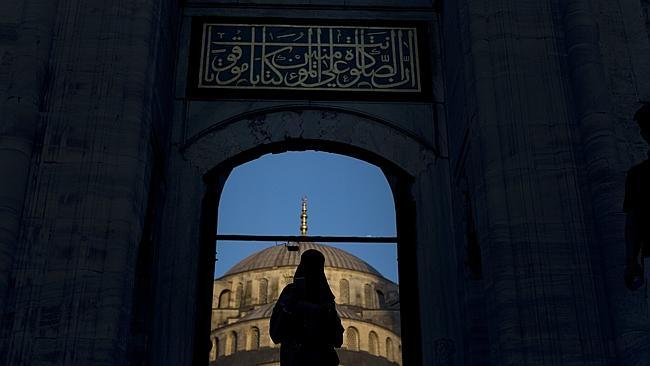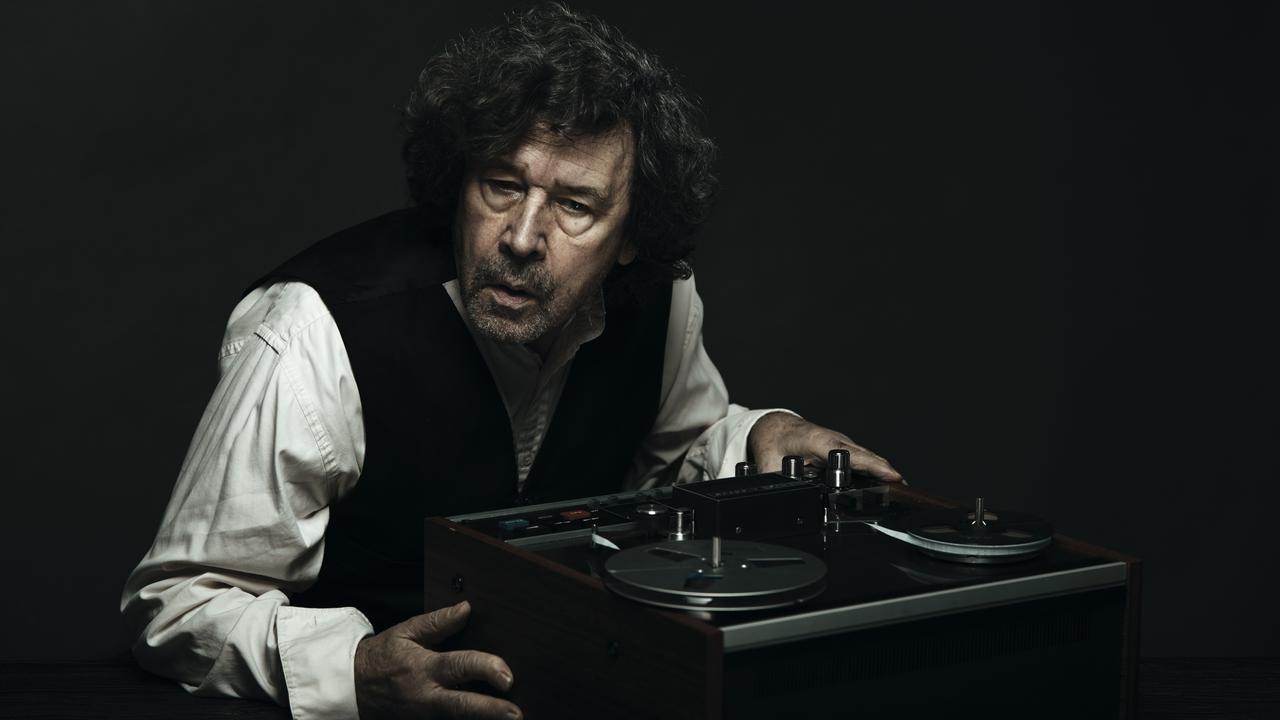Richard Fidler’s Ghost Empire brings Constantinople to life
The host of Conversations on ABC radio offers an engaging and accessible account of the city now called Istanbul.

With this extraordinarily ambitious book, Richard Fidler throws himself into telling one of the world’s great stories: the rise and fall of Constantinople, the magnificent eastern Roman city that endured for 1000 years and saw every aspect of human nature unfold within and outside its imposing walls.
Fidler is wonderfully fond of storytelling. As host since 2005 of the hour-long ABC radio program Conversations, he has listened as hundreds of people from all walks of Australian life have told him their stories, helped along by his warmth, curiosity and good humour.
He is a master interviewer, which is why Ghost Empire appears at first to be a strange and unexpected story for him to attempt to wrap his arms around. Reading the opening pages, I came to realise that Fidler’s voice is one that is part of my life. In addition to its substantial live radio audience, Conversations is popular as a podcast, and in this book it is impossible not to hear the author speaking the words into a microphone somewhere.
Far from being a dry jaunt into ancient history, however, the conceit of this book is that, several years ago, Fidler travelled to Italy and Turkey with his son Joe, then 14, whom he describes as “thin, with hair like mine, wavy to the point of curly. Joe wishes it were straight. He likes history and he’s always asking questions”. In just a few words he sketches an outline of his inquisitive progeny that plants itself firmly in the mind, and endures throughout this tale.
Viewed in this light, Ghost Empire is as much about their relationship as it is about the emperors who ruled Constantinople through times of war and peace. Fidler alternates between historical storytelling and conversations with Joe during their month-long journey.
He strikes a fine balance between these two narrative threads: just when my eyes were beginning to glaze over at the mention of yet another close relative of a soon-to-be-deposed ruler, Fidler snaps his fingers by offering a snippet of conversation, or by drawing a parallel to Istanbul, as Constantinople is today known.
Sometimes these digressions are no longer than a paragraph, but the timing is consistently good. Often, Fidler’s detailed and passionate retellings of these ancient tales of power, deception, seduction, violence and devotion are framed as the father sharing knowledge with his son. It’s a device that works well, and offers self-deprecating humour as well as striking, true insights such as this: “For some reason, men and boys tend to talk more freely side by side, rather than face to face. So when Joe was little, I often took him on long walks with me.”
So it was on their trip together, which ends with a day-long trek on foot along the length of the remains of the mighty Theodosian Walls, which repelled invading armies until falling to the Ottoman Empire in 1453.
The easy relationship between the author and his travel companion provides several moving moments, but none more so than when Fidler recounts witnessing Joe’s birth, where he surprised himself with an emotional outburst he had not known since childhood:
Until that moment, every new dad I’d met had said something glib about the change in life that was coming. They would chuckle and tell me to prepare for Phase Two: a life of no sleep, shitty nappies and not hanging out with the guys anymore. I think this banter is an act of concealment, a way of papering over the powerful and unsettling surge of love that fatherhood brings.
Fidler has a knack for such cutting, weighty observation, at once light yet loaded with meaning and emotion. We already know he is an interviewer of great empathy; now we know he mirrors that skill on the page, too.
The beauty of this book is its accessibility. It has been written by a man who sits near the centre of Australian culture, and his name on the cover will draw many new readers to this old tale. It certainly attracted me.
I did not study ancient history in high school and would not ordinarily find myself reaching for a book about the Byzantine Empire. But this complex account is so vividly and thrillingly related that it feels like the beginning of a path for further reading; a book that leads to more books.
For the author, history has always seemed like a trove of riches and a shield against boredom and melancholy. Having absorbed his words, I can only agree.
“The story of how Constantinople flourished into greatness and expired in terrible violence is one of the strangest and most moving stories I know,” Fidler writes in the introduction. He wanted his son to have that story — and now we do, too.
Andrew McMillen is a Brisbane-based journalist and author. His second book, Skeleton School: Dissecting The Gift of Body Donation, will be published in September.
Ghost Empire
By Richard Fidler
ABC Books, 512pp, $39.99 (HB)



